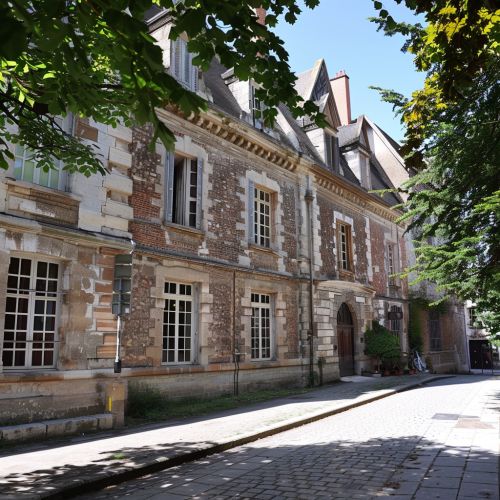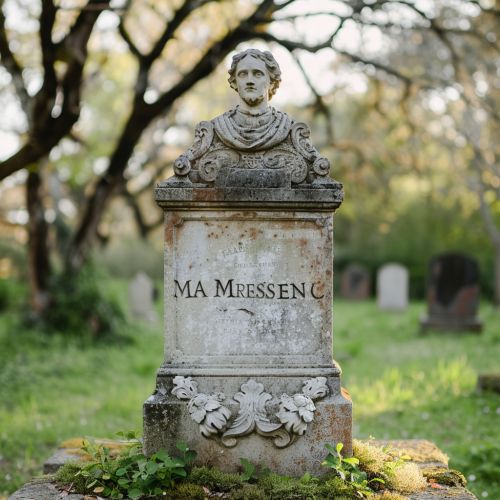Marin Mersenne
Early Life and Education
Marin Mersenne was born on September 8, 1588, in Oizé, a small village in the province of Maine in northwestern France. He was the second of seven children. His parents were François and Julienne Mersenne, both of whom were from farming families. Mersenne's early education was provided by the Jesuits at Le Mans College. Here, he showed a keen interest in theological and philosophical studies.


In 1609, Mersenne moved to Paris to continue his studies at the Sorbonne, one of the oldest universities in the world. At the Sorbonne, he studied theology and philosophy, earning his bachelor's degree in 1611 and his theological doctorate in 1613.
Career and Contributions
After completing his studies, Mersenne joined the Minim friars in 1611, a Roman Catholic religious order known for their commitment to humility and asceticism. He was ordained a priest in 1613 and spent the next several years teaching philosophy and theology in various Minim convents across France.
In 1620, Mersenne returned to Paris and took up residence at the Minim convent of L'Annonciade, where he would remain until his death in 1648. It was during this period that Mersenne made his most significant contributions to the fields of mathematics, philosophy, and science.
Mersenne is perhaps best known for his work in the field of number theory. He is credited with the discovery of what are now known as Mersenne primes, prime numbers that can be written in the form 2^n - 1. Mersenne's conjecture about which values of n would yield prime numbers was not fully proven until 200 years after his death.


In addition to his work in mathematics, Mersenne also made significant contributions to the field of acoustics. He was the first to accurately measure the speed of sound in air, a feat he accomplished by coordinating a series of cannon firings and using the time delay between the flash and the sound to calculate the speed of sound.
Mersenne was also a prolific writer and correspondent. He maintained an extensive network of correspondents, which included many of the leading intellectuals of his day, such as Descartes, Galileo, and Gassendi. Through his correspondence, Mersenne played a crucial role in facilitating the scientific and philosophical exchanges that were taking place across Europe during the 17th century.
Death and Legacy
Mersenne died on September 1, 1648, in Paris. His contributions to mathematics and science have had a lasting impact. The Mersenne Twister, a type of pseudorandom number generator used in computer science, is named in his honor, as is the Mersenne's laws, which describe the frequency of vibration of a stretched string.


